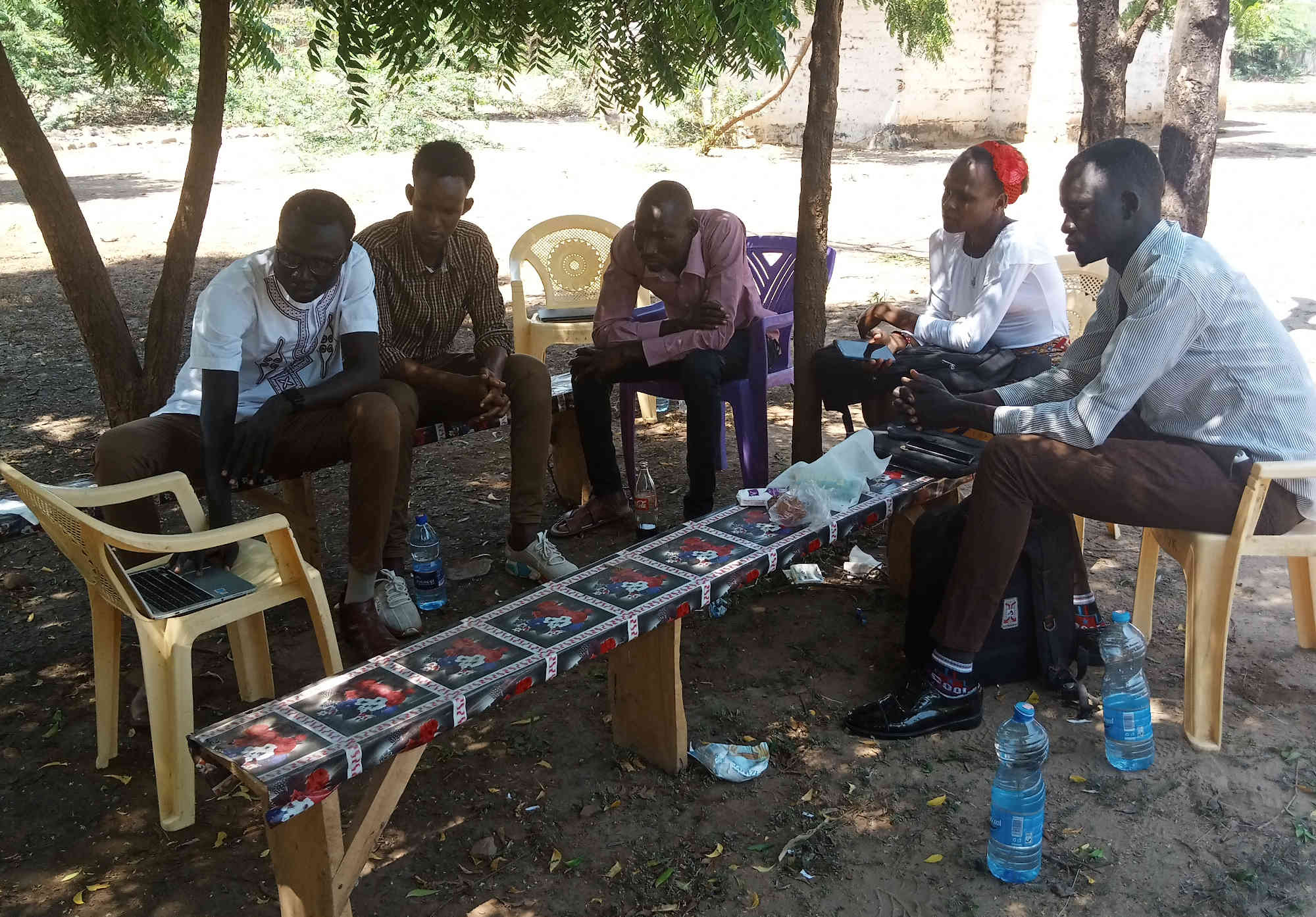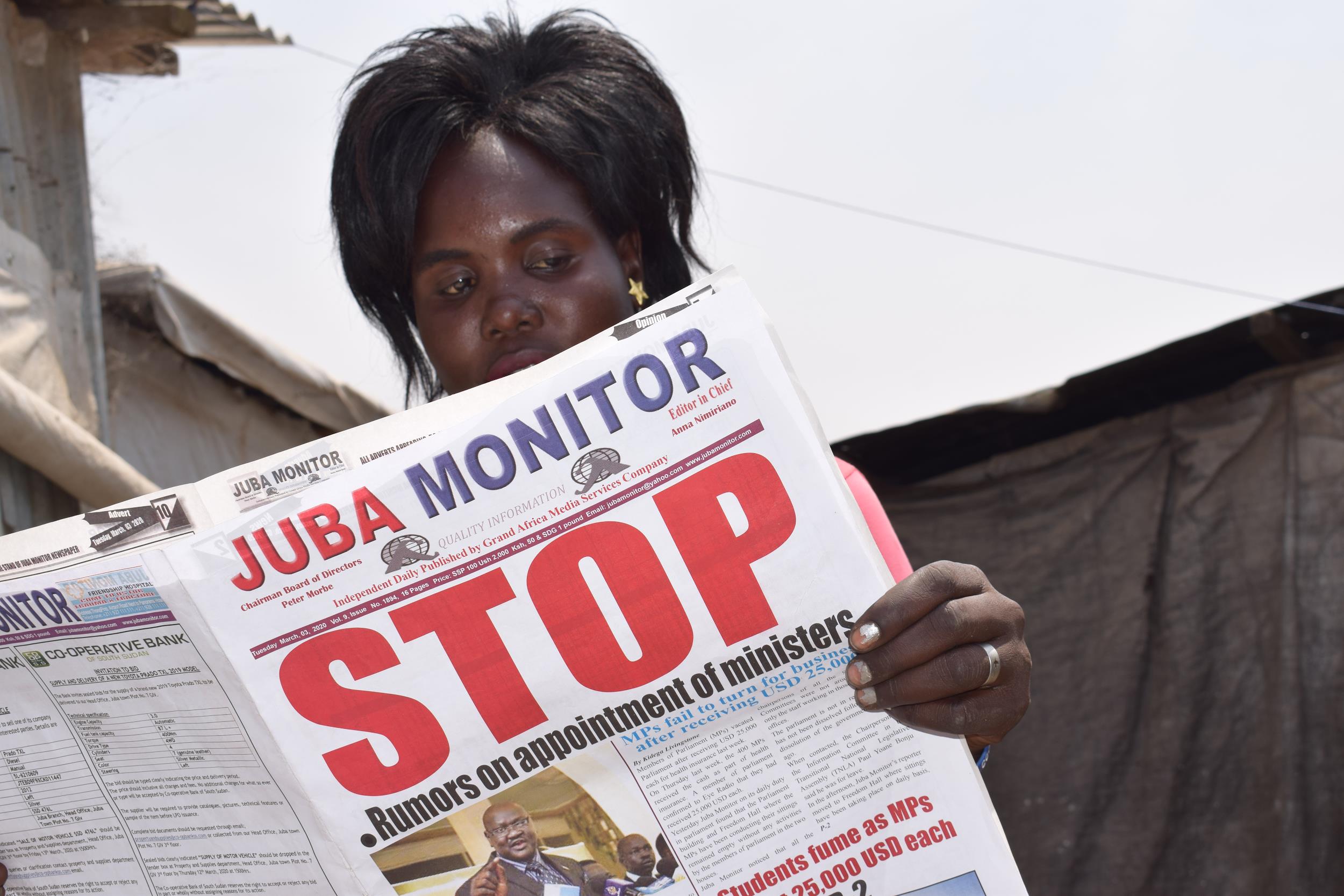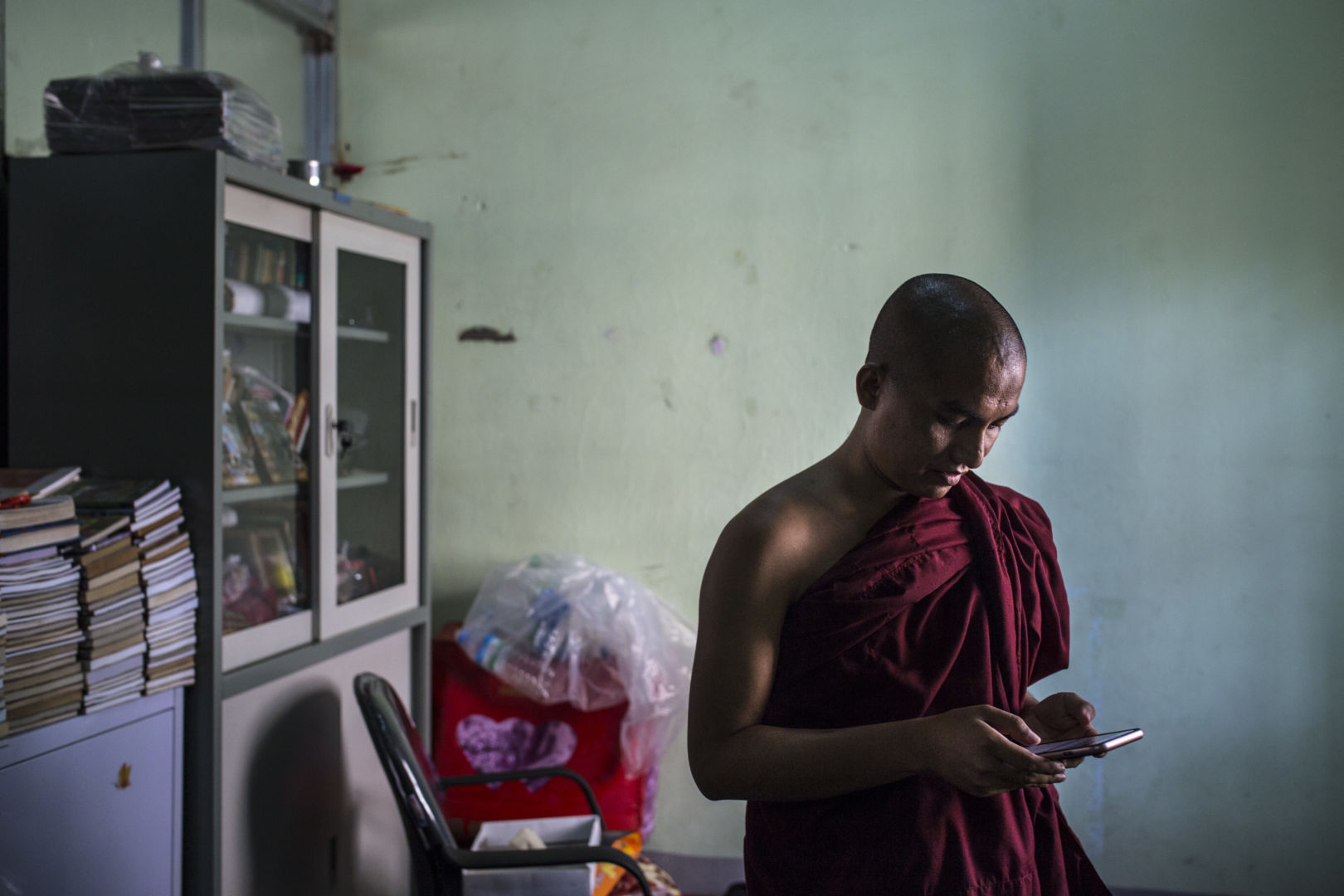Countries of operation
Number of active projects
Direct beneficiaries
Number of investigations or interventions
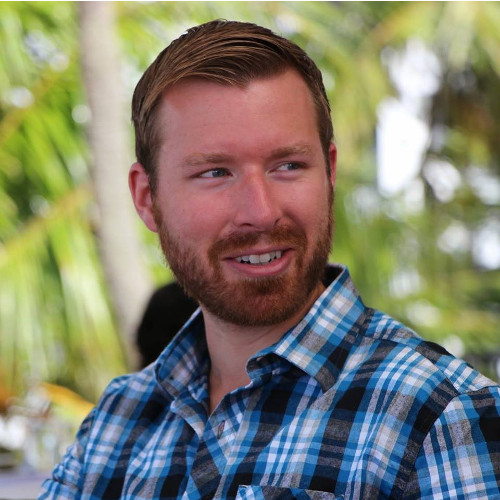
From Our FounderMaking a lasting difference
This year was a turning point for the Sentinel Project as our team built upon past successes to put the organization in a better position for growing our reach and impact. We continued to focus on many of the same countries where we were already operating, such as Kenya, the Democratic Republic of the Congo, Uganda, and South Sudan, with the goal of expanding within each one to reach larger numbers of people in new areas. At the same time, we have also responded to demand from other places and started working on new pilot projects in countries like Somalia and Sri Lanka.
While a lot of the Sentinel Project’s growth during 2020 was geographical, we also started to expand into new thematic areas. Our work on the ground has primarily focused on reinforcing our strengths in countering the spread of harmful rumours and misinformation to prevent violence but we have also started to formalize our localized early warning efforts to help people navigate dangerous situations and avoid violence if it does happen. At the same time, we have enhanced our technological capabilities with improvements to our online hate speech monitoring software and the exploration of how we can incorporate satellite imagery into our work.
Of course, none of this would be possible without two critical groups of contributors. The first group is our dedicated team of staff members and volunteers who work hard under sometimes difficult conditions to make all of our ideas a reality. The second group is our financial supporters, whether they are institutional or private donors. During 2020 our mission benefitted from the ongoing support of the International Development Research Centre, the New Zealand Government, and our private donors while we also gained new support from Global Affairs Canada and the Humanitarian Grand Challenge.
We are confident that our progress in 2020 has put the Sentinel Project in its best position yet to achieve even greater things in 2021 and beyond.
Sincerely,
Christopher Tuckwood
Co-Founder & Executive Director
Our Mission & Focus
Cooperation and Innovation Working directly with threatened communities and implementing new and effective ideas is more important than ever.
Cooperation
Working directly with the people at the greatest risk of mass atrocities is one of the Sentinel Project’s core principles. It’s the foundation of all of our programming to involve the people in harm’s way in solutions that build the capacity to deescalate tensions, mitigate violence if it does happen, and establish lasting peacebuilding measures.
Although these kinds of field operations are inherently dangerous, Sentinel Project staff members work vigorously to reach the people who are most at risk in order to provide resources and assistance where it is needed most.
Innovation
Using innovative new tools and methods to counter violence requires taking chances. The Sentinel Project team takes a clinical approach to innovation, considering any concept or technology but using evidenced-based analysis of practicality to determine which projects proceed. Just because something is new and novel does not mean that it will work, just as older concepts and technologies still have a place in successful programming.
We don’t try to introduce new ideas just for the sake of having new ideas – we try to introduce new ideas that work.
Featured Projects
The projects and initiatives we are most excited about
Kakuma Refugee Camp Initiative
In 2020, the Una Hakika project in Kenya was expanded to include Kakuma Refugee Camp in Turkana County. Kakuma is the second-largest refugee camp in the country and serves people who are fleeing conflicts in countries throughout the region, especially South Sudan.
The sprawling camp faces numerous challenges, including the risk of conflict generated by the spread of untrue or uncorroborated information. Applying the successful Una Hakika model developed in Kenya’s Tana Delta region, our Kakuma initiative works with community members, local authorities, and a coalition of other key stakeholders within the camp to verify information and provide reliable, verified updates to inhabitants, thereby reducing the risk of conflict.
Kijiji Cha Amani Expansion
Kijiji Cha Amani (Swahili for “Peace Village”) was launched in 2017 to address the role that misinformation had played in the ongoing conflict in North Kivu Province of the Democratic Republic of the Congo. We soon after expanded the scope of the project to help address the second-largest Ebola outbreak in history, which emerged in 2018 and was the subject of many incendiary rumours that both hindered public health responses and sparked unrest. The system has been utilized to counter similar misinformation during the COVID-19 pandemic.
We received new funding for the project in 2020, which will enable it to expand further into North Kivu Province, especially into smaller towns and remote villages. Utilizing a wide array of both low-technology and high-technology capabilities, Kijiji Cha Amani’s impact is now reaching an all-time high and will continue to expand in the coming years.
Hagiga Wahid
Hagiga Wahid originally began as a small pilot project in Rhino Camp Refugee Settlement in Uganda and later expanded to communities in and around Juba, South Sudan. Now it will be expanding even further into new conflict-affected regions within South Sudan.
With Hagiga Wahid currently serving tens of thousands of individuals across several communities, our new expansion efforts will see the misinformation management system establish a presence in several of South Sudan’s states and significantly increase the number of beneficiaries. This expansion will also enable cross-border coordination of activities which will help to counter misinformation that flows back and forth between Uganda and South Sudan. Taking this transnational approach is critical since the problem of misinformation does not respect borders and can easily continue to impact affected communities even when they have been displaced.
“With our ever expanding operations comes many new opportunities and challenges. I am continually impressed by the passion and perseverance of our project staff in implementing these projects and working tirelessly to serve their communities and others. “
Drew BoydDonors and Sponsors
Our projects would not be possible without these supporters.

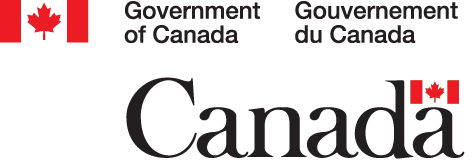
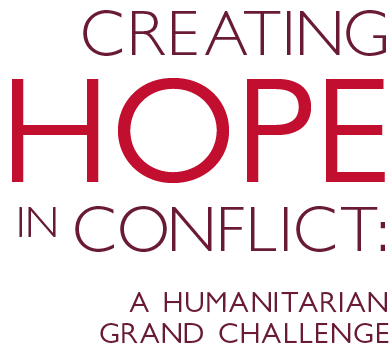


Funding Sources
Spending Breakdown
Funding By Year
Make A Donation
Help the Sentinel Project out with a donation of any amount.
For alternate donation options, such as single time donations, please click here.

